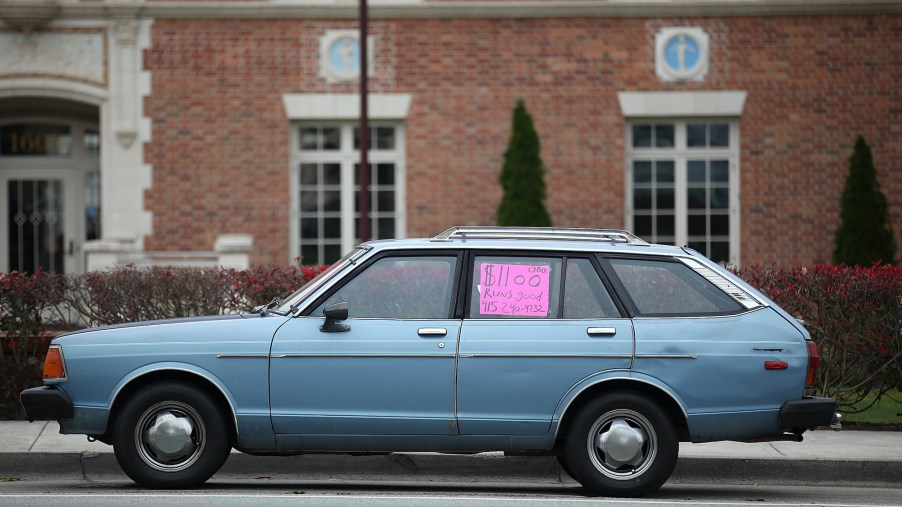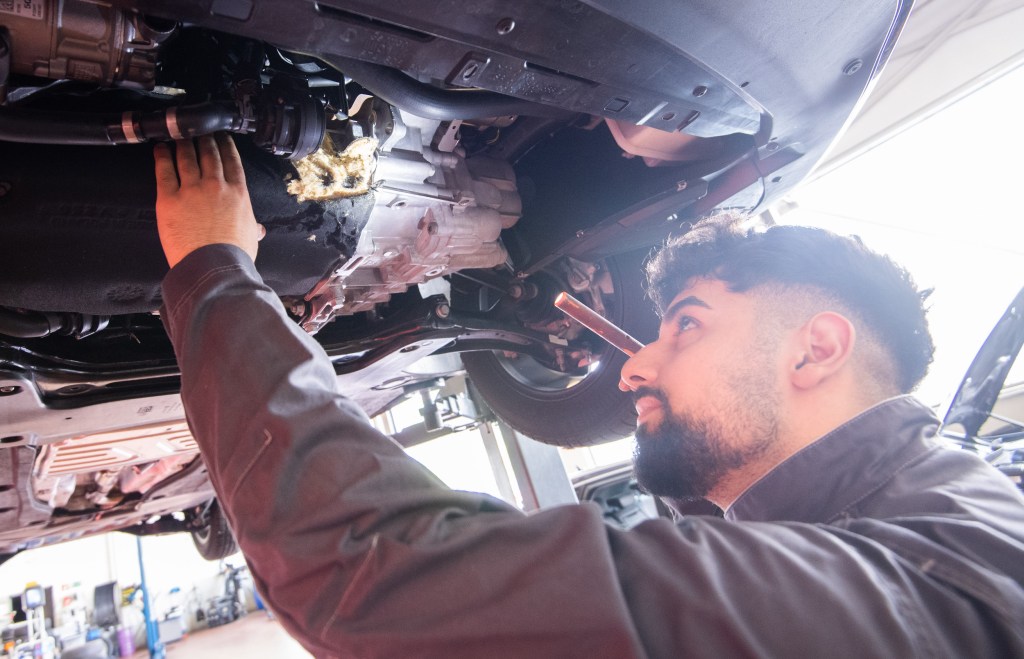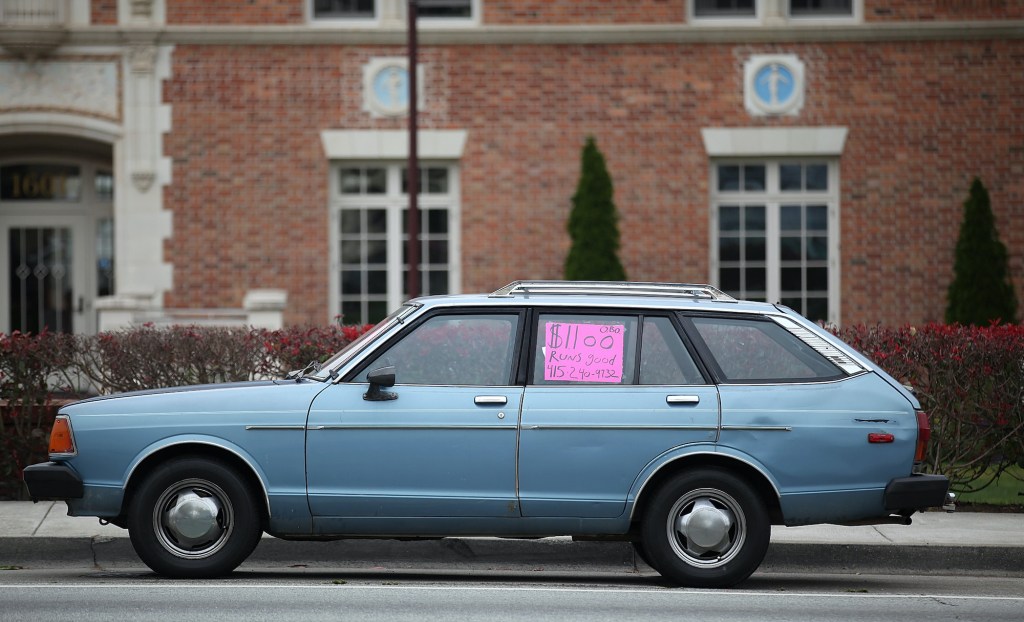
How to Effectively Negotiate a Private Party Used Car Deal
If you’re looking to buy a used car from a dealership in the current market, then you may be hard-pressed to find a good deal. In that case, buying a used car from a private party can be a far better idea. However, if you want to get a good deal, then it may require some negotiation. Here are a few tips on negotiating effectively with a private seller.
Look up the value of the used car that you’re interested in

Finding the right used car for you can be like finding a needle in a haystack, depending on what you’re looking for. But once you find a car that you like, then it’s a good idea to calculate its private party value on sites like Kelley Blue Book or Edmunds, reports UsedCars.com. You can enter the vehicle’s make, model, and mileage to get an idea of what the market value for it is. By doing so, you’ll have a good starting point for negotiating with the seller.
A good rule of thumb is to start your negotiations a little lower than the current market value of the car and work your way up if needed. Contrary to popular belief, starting at the seller’s price and then working the numbers down may not be the best strategy.
Check the car’s history
After finding out what the car is worth, it’s a good idea to check on its history. A history report from sites like Carfax and Autocheck can tell you how many owners the car has had, whether it was damaged or salvaged, and which states it was registered in. These reports can also show you when and where the car was repaired, however, just note that not every shop or repair may show up on the report. Also, if the owner did all of the maintenance and repair work on the car themselves, that won’t be on the report either.
If you do find any type of damage on the report or even a branded title that was not disclosed in the seller’s ad, then you can use that information as a bargaining tool when negotiating.
Take the car to a mechanic

As always, we fully recommend getting a pre-purchase inspection done on every used car before you buy it. Just because the seller says that it “needs nothing,” it doesn’t mean that you should take their word at face value. In order to ensure that you’re getting a good car, it’s worth the $100 to $200 to get it inspected by a qualified mechanic. If the shop does find any issues, then you may be able to bring the cost of those repairs up during your negotiations and save money on the car’s selling price.
Determine your maximum price and negotiate in small increments

Once you have done all of your research and leg work on the car that you’re interested in, it’s time to negotiate. The editors at Pocket Sense recommend first determining the highest price that you’re willing to pay for the car and sticking to it. Don’t be afraid to walk away from the deal if the seller wants to go over your maximum price.
When it’s time to negotiate, offer a reasonable amount and go up in small increments. For example, if the price of the car is $5,000, then consider offering the seller $4,000 and raising your bid by $50 to $100 each time, not $500. By doing so, the seller won’t feel like you’re completely low-balling them and you’ll feel better about the price that you end up at.
Tip: Tell the seller that you have cash on hand
While telling a salesperson at a dealership that you’re paying cash won’t do anything anymore, telling a private party seller that you have the funds available today can be gold. You wouldn’t believe how many prospective buyers try to “make payments” with the seller or offer to pay by check, which may or may not be clear. Instead, having the actual cash on hand will tell the seller that you’re a serious buyer and you may even get your ideal selling price because of it.
Negotiating a private party car deal may seem like a daunting task, in addition to a lot of legwork, but it’s well worth it in the end. Especially if you end up saving yourself $1,000, you’ll be glad you put in the time to negotiate effectively.



